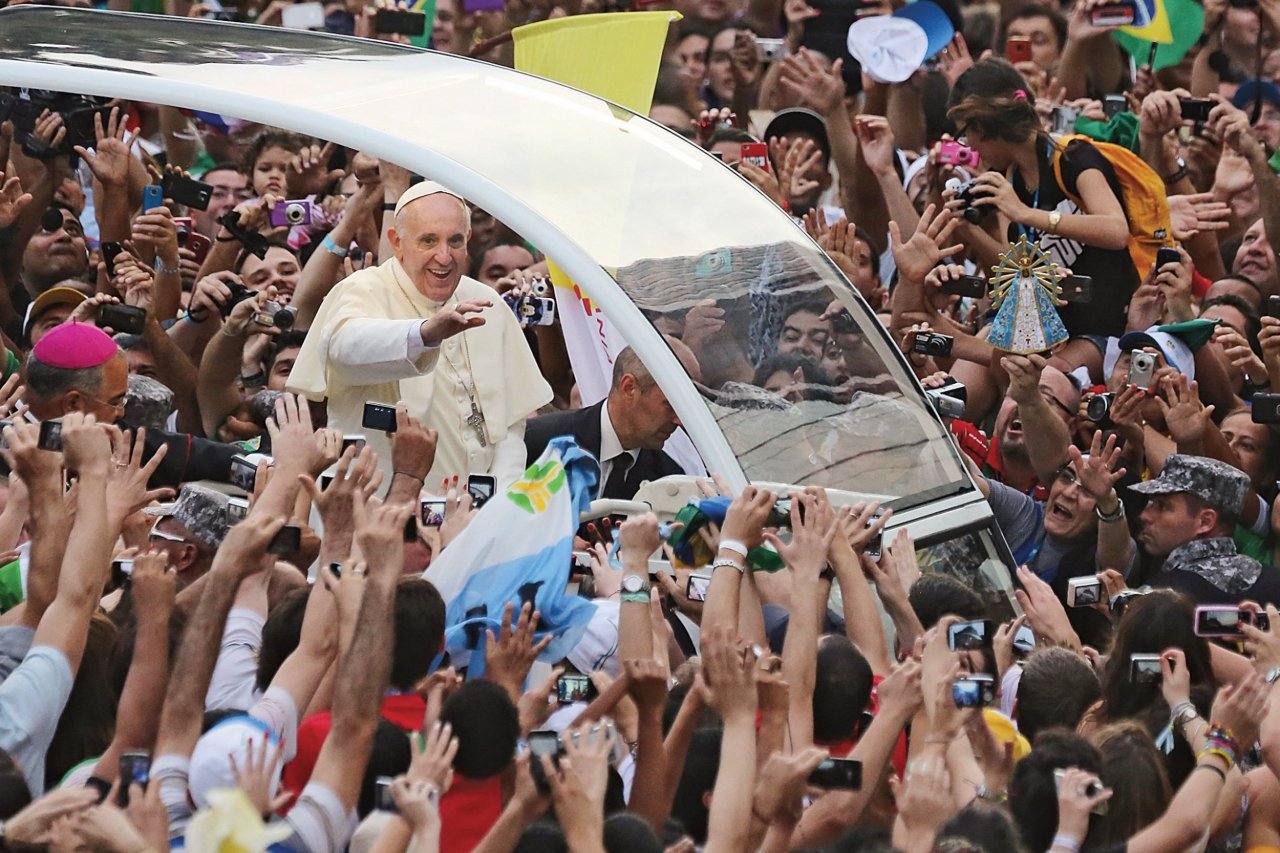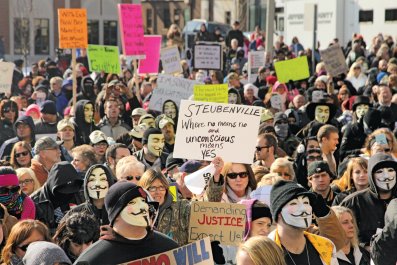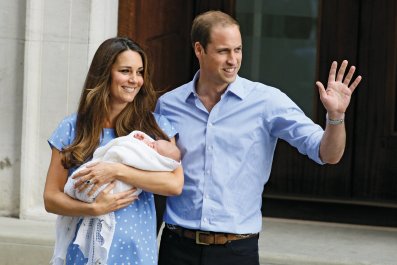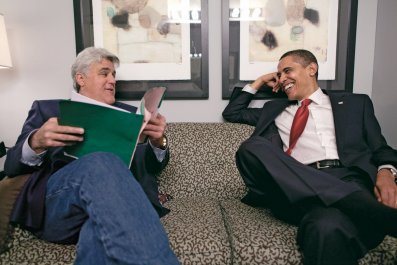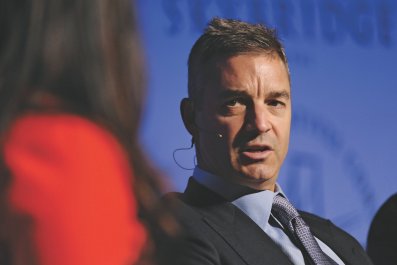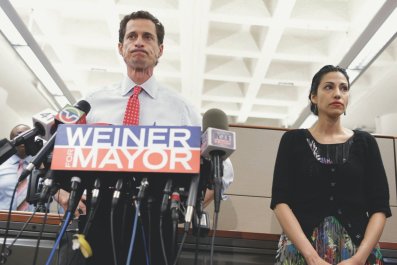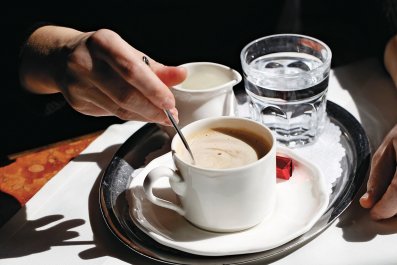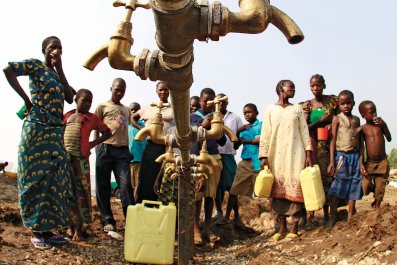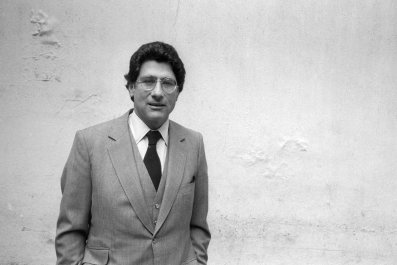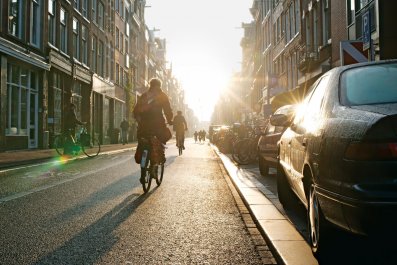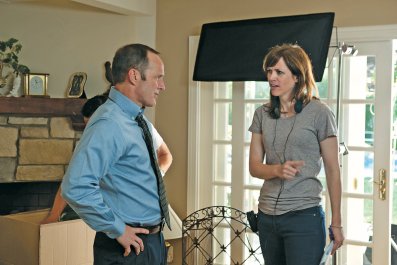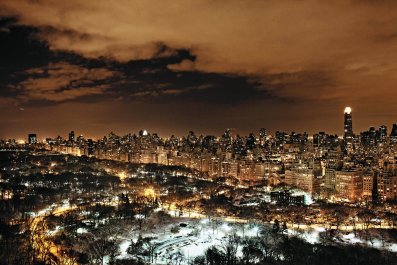POPE FRANCIS, the first Latin American pontiff, will be in the news this week for celebrating World Youth Day on his home continent. But back in Rome, he has recently been garnering attention for his slate of reforms. While some of these are personal and symbolic—the new pope has shunned almost every perk embraced by previous pontiffs, from the lavish apostolic apartments to fancy vestments and shoes—others have been far more substantive, not to mention ambitious.
The first sign that the new pope meant business was the appointment of a commission of eight reform-minded cardinals representing all corners of the world to be his eyes and ears on the ground and report directly to him. He next set to work shaking the rafters of the Institute for Religious Works, better known as the Vatican bank, which has been under investigation for years. He named a group of five financial experts—including clerics, laypeople, and even a woman—to oversee the bank's reform. Shortly thereafter, both the director and vice director of the bank stepped down, amid an Italian probe into a money-laundering scheme. Then, on July 18, Francis went a step further, issuing a chirograph establishing an eight-member Pontifical Commission for Reference—made up of one monsignor and seven laypeople with legal, economic, financial, and management expertise—to revamp the "economic-administrative structure of the Holy See."
According to John Allen, a Vatican expert and columnist for the National Catholic Reporter, the bank "has become a primary acid test and battleground for the larger question of Vatican reform." Successful reforms in the financial arm of the Vatican could pave the way for far-reaching changes throughout the hierarchy.
But Francis's reform agenda has hit a snag with a report by an Italian newsmagazine that Monsignor Battista Ricca—whom Francis had appointed to be his man on the ground inside the bank—had allegedly been involved in a tawdry homosexual tryst when he was a Vatican diplomat in Uruguay in the late 1990s. According to the report, Ricca had been a regular on the gay bar circuit in Montevideo, and even kept a male lover on Vatican grounds. The Vatican press office denied the claims as not credible, but the magazine stood by its story. The road to reform, it appears, will not be an easy path—even for a pontiff as popular as this one.


